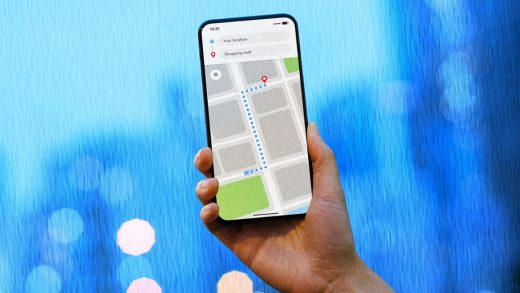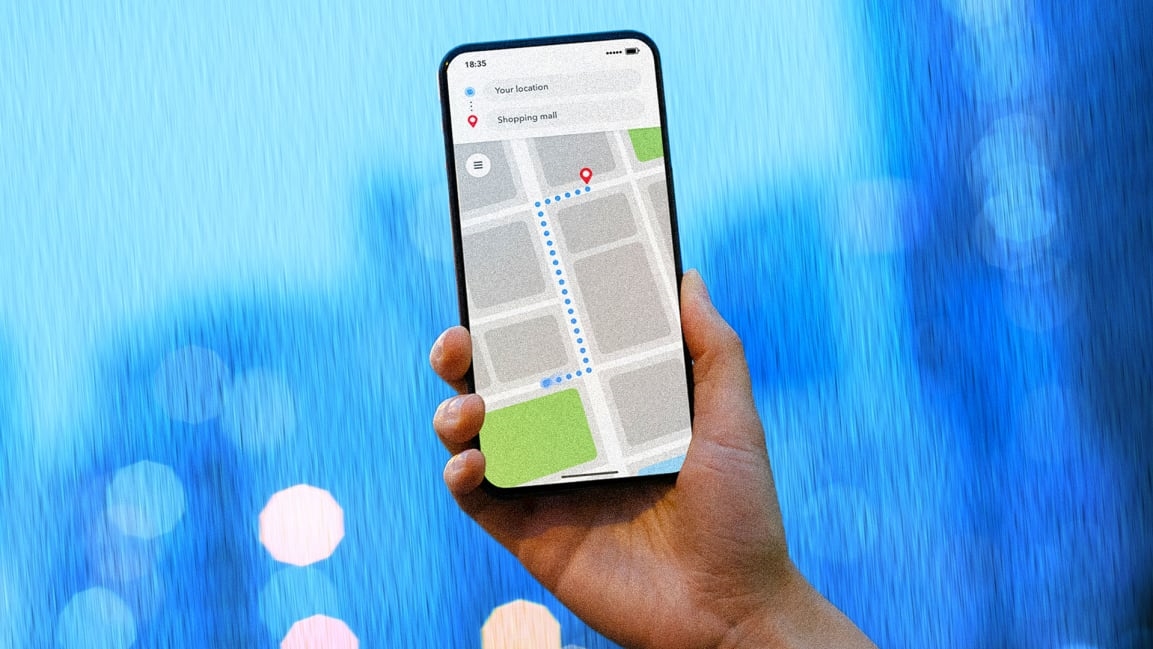Do you have a poor sense of direction? Your hometown could be to blame
Some people are like human compasses, magically navigating city streets to arrive at front doors tucked away in back alleys and crammed into elaborate, obscured folds of architecture. They can step out of an underground subway station and immediately know which way to walk. They can leave a campsite for an hour-long hike through dense forest, zig-zag between identical trees, and return unfazed and on time.
Others are doomed without maps. When the power goes out, these people stumble blindly, stopping to ask for directions left and right—or worse, are forced to fend for themselves in a desperate race to seek camp before nightfall. If you can’t find your way from the parking garage to the restaurant without Google, that’s embarrassing—but maybe, not your fault.
Blame your hometown, says a recent publication in Nature from a trio of European universities. According to them, people whose childhood environments necessitated more astute spatial navigation, unsurprisingly, are better at it as adults. Specifically, those who grew up in cities with grid-like patterns (where streets are numbered 1st, 2nd, and 3rd in succession, perhaps) are less apt than those those who grew up in the country, and had to find their house by driving past the first three forks in the road, turning right at the hay bale, and then left at the second big rock.
Researchers came to this conclusion by studying players of the mobile game Sea Hero Quest. Developed by British game company Glitchers, in partnership with Alzheimer’s Research UK and T-Mobile parent Deutsche Telekom, Sea Hero Quest—which has been played by more than 4 million people—was designed as a data feeder for understanding dementia (which attacks 3-D navigation skills). The game’s plot requires players to voyage across virtual seas to locate hidden destinations, putting wayfinding to the test along the way.
As it turns out, for the nearly 400,000 players across 38 countries surveyed, performance appeared to be influenced by their hometown, even after researchers controlled for confounding factors of age, education, and gender. Hometowns were ranked by entropy of street networks, where rural villages with random, disordered layouts have higher entropy and cities with orderly grid layouts have lower. People hailing from grid-layout cities—think New York or Chicago—were worse at the wayfinding task, while people from cities with organic and less orderly layouts—like Prague, where streets wind naturally at times and cut straight at others—performed almost as well as those from crickets-rural areas. (Their current places of residence did not matter.)
“Growing up somewhere with a more complex layout of roads or paths might help with navigational skills as it requires keeping track of direction when you’re more likely to be making multiple turns at different angles, while you might also need to remember more streets and landmarks for each journey,” says Antoine Coutrot, of the University of Lyon in France, and a co-lead author of the study. Meanwhile, other unfortunate kids are crippled by the “lack of complexity of many street networks in cities,” according to lead researcher and University College London professor Hugo Spiers.
But if you’re, say, a New Yorker from birth, all isn’t lost (pun intended)—you can still be a “city hero.” According to the research team, when they developed a metropolitan version of Sea Hero Quest called City Hero Quest, players in their element performed just slightly better than the rest.
(26)



